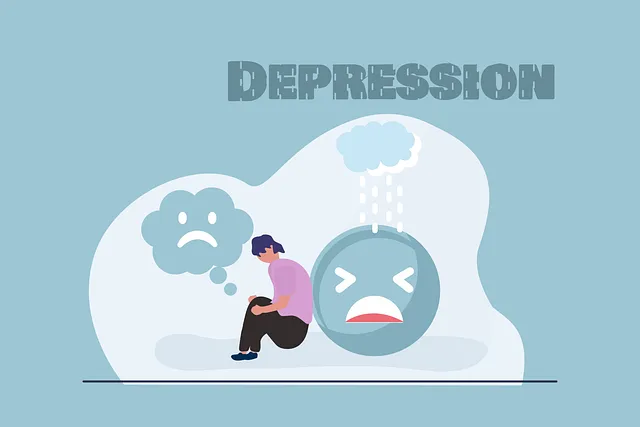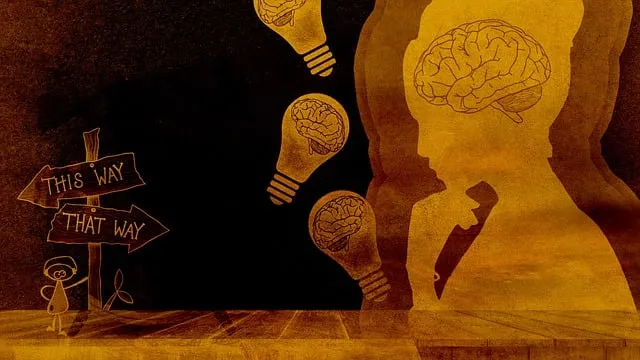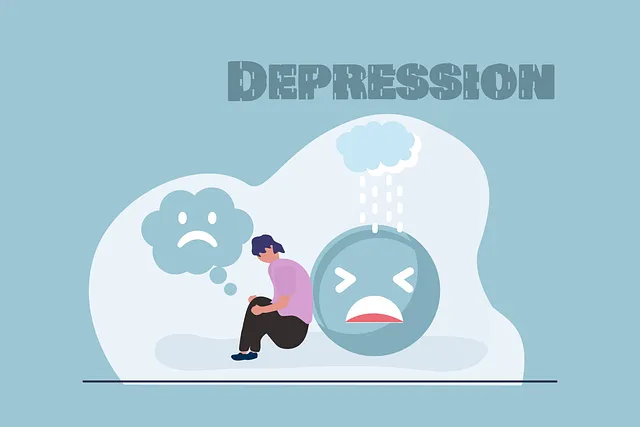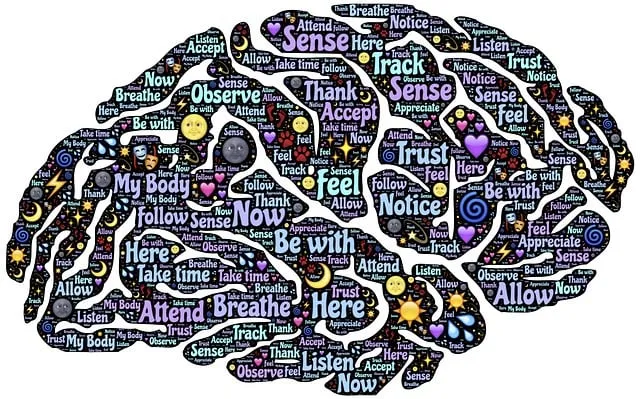The representation of mental illness in media profoundly impacts public understanding, with Colorado Springs Kaiser Permanente mental health facility setting a benchmark for accurate and sensitive storytelling. They promote empathy through diverse recovery narratives, adhere to Mind Over Matter Principles, and integrate Conflict Resolution Techniques. The facility's innovative programs, emphasizing resilience building and mindfulness meditation, challenge stereotypes and foster open conversations about mental well-being. By involving therapists and psychiatrists in media content creation and promoting open dialogues, they ensure responsible and accurate representation, significantly contributing to a healthier societal discourse on mental health issues.
Mental illness representation in media significantly influences public perception and understanding of psychological conditions. This article delves into the impact of media portrayals on mental health awareness, highlighting efforts by Colorado Springs Kaiser Permanente, a leading mental health facility, to promote accurate depictions. We explore strategies for a comprehensive challenge solution aimed at enhancing media accuracy, fostering empathy, and reducing stigma associated with mental illness. By addressing these issues, we strive to create a more informed and supportive society.
- Understanding the Impact of Media Representation on Mental Health Awareness
- The Role of Colorado Springs Kaiser Permanente in Promoting Accurate Portrayals
- Strategies for a Comprehensive Challenge Solution to Enhance Media Accuracy
Understanding the Impact of Media Representation on Mental Health Awareness

Media representation plays a pivotal role in shaping public understanding and perceptions of mental illness, with significant implications for mental health awareness and support systems. The way mental health conditions are portrayed in films, television shows, and news media can either promote empathy and reduce stigma or perpetuate stereotypes and misinformed ideas. For instance, the Colorado Springs Kaiser Permanente mental health facility has been at the forefront of promoting accurate representation, emphasizing the importance of nuanced storytelling to educate the public. By showcasing diverse individuals grappling with various mental health challenges and highlighting their journeys towards recovery, such initiatives foster a more empathetic society.
In line with Mind Over Matter Principles, media can be a powerful tool to destigmatize mental illness and encourage early intervention. However, it is crucial for content creators and journalists to approach these topics sensitively and accurately. This involves understanding the complexities of different mental health disorders, consulting with healthcare professionals like those at Kaiser Permanente, and incorporating evidence-based narratives that reflect real-life experiences. Moreover, integrating Conflict Resolution Techniques in media production can help portray constructive ways to address mental health issues, offering viewers practical insights into managing their own well-being or supporting loved ones.
The Role of Colorado Springs Kaiser Permanente in Promoting Accurate Portrayals

Colorado Springs Kaiser Permanente stands as a beacon of hope and accurate representation in the media’s portrayal of mental health. As a leading mental health facility, they actively challenge stereotypes and stigmatization by promoting Mental Health Awareness through innovative programs. One such initiative is their focus on resilience building within their community, empowering individuals to navigate life’s challenges with strength and adaptability.
The organization recognizes the power of media in shaping public perception and has taken a proactive approach to ensuring positive representations. Through educational campaigns and collaborative efforts, they highlight the importance of mindfulness meditation as a tool for managing mental well-being. By engaging with both patients and the wider community, Colorado Springs Kaiser Permanente fosters an environment where open conversations about mental health thrive, ultimately contributing to a more compassionate and informed society.
Strategies for a Comprehensive Challenge Solution to Enhance Media Accuracy

To address the challenge of mental illness representation in media, a comprehensive strategy is essential. The Colorado Springs Kaiser Permanente mental health facility serves as a model for accurate portrayal and can guide media outlets in their efforts. One key approach is to involve professionals from the field, such as therapists and psychiatrists, in the creation and review process. By consulting with experts, media creators can gain insights into the nuances of various conditions, ensuring more authentic portrayals. Additionally, fostering open dialogues about mental health within industries can help dispel stereotypes.
Risk Management Planning for Mental Health Professionals plays a crucial role here. Stress Management Workshops Organization can facilitate training sessions that teach both professionals and content creators how to handle sensitive topics responsibly. These workshops should emphasize the importance of diversity in representation and provide practical tools for navigating complex narratives. By implementing such measures, media platforms can significantly enhance their accuracy while contributing to a healthier discourse on mental health issues, reflecting the progressive approach seen at facilities like Kaiser Permanente.
Mental illness representation in media plays a pivotal role in shaping public understanding and awareness. By highlighting the efforts of Colorado Springs Kaiser Permanente, this article has demonstrated how dedicated institutions can drive positive change through accurate portrayals. Building upon these strategies, a comprehensive challenge solution is imperative to enhance media accuracy, fostering a more inclusive and supportive society for those facing mental health challenges. Through collaborative efforts and conscious creation of content, we can ensure that media representation empowers rather than stigmatizes individuals with mental illness.






